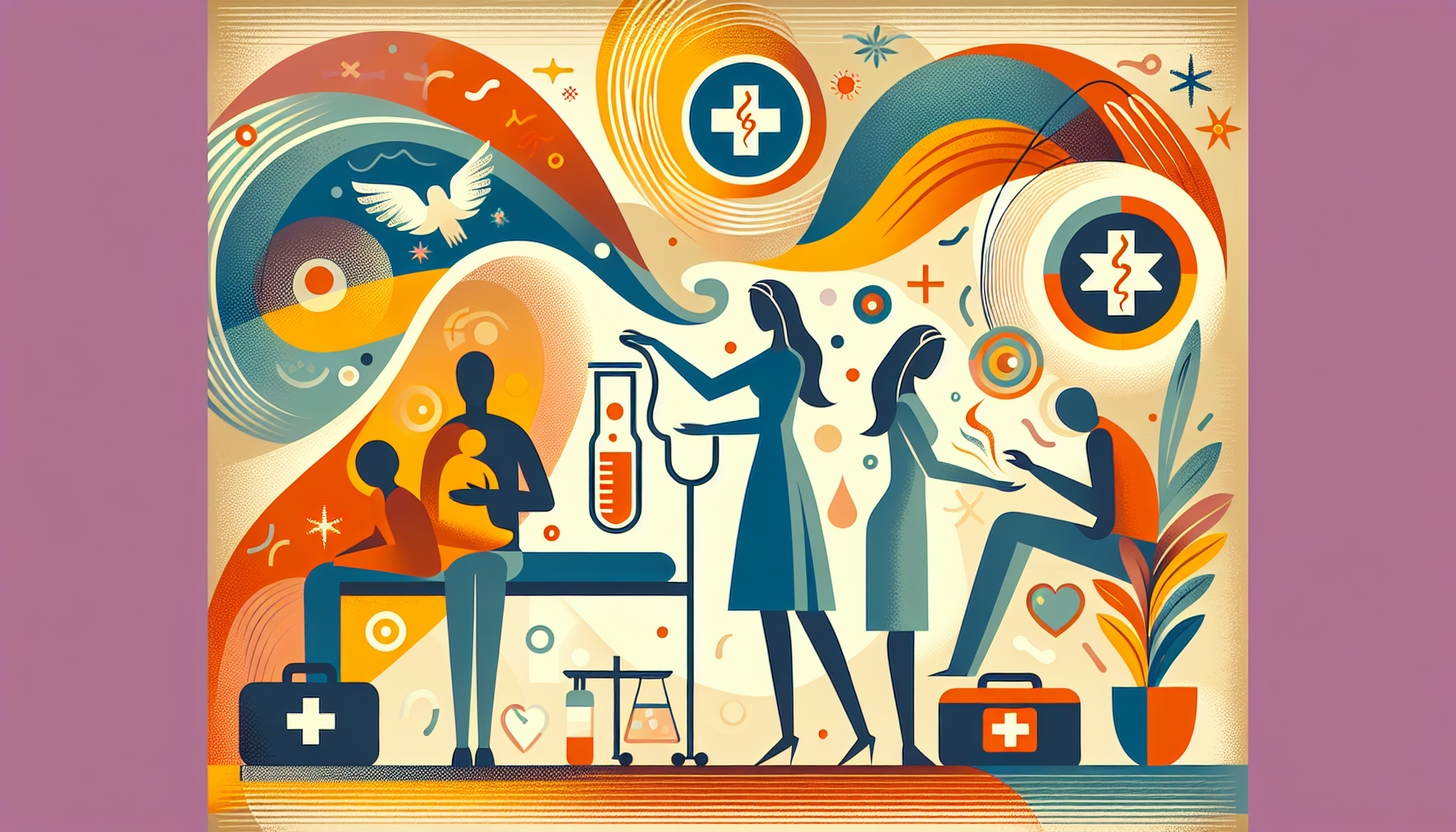Rapp-Hodgkin syndrome is a rare genetic disorder that affects various parts of the body, including hair, nails, skin, sweat glands, and teeth. It is part of a larger group of conditions called ectodermal dysplasia. Although there is no cure for Rapp-Hodgkin syndrome, doctors can treat the symptoms to improve the quality of life for those affected.
What Causes Rapp-Hodgkin Syndrome?
Rapp-Hodgkin syndrome is caused by a mutation in the TP63 gene. Each cell in the body has two copies of this gene, one from the mother and one from the father. If either copy has the mutation, the person will have Rapp-Hodgkin syndrome. In some cases, the condition is inherited from a parent, but more often, it occurs randomly at birth.
Symptoms of Rapp-Hodgkin Syndrome
The symptoms of Rapp-Hodgkin syndrome can vary from person to person, even within the same family. Some common symptoms include:
Cleft lip and/or cleft palate
Reduced number of sweat glands or complete absence of sweat glands
Fused eyelids and tear duct problems
Growth and weight gain issues
Hearing loss
Missing or unusually shaped nails
Skin erosion
Dental problems, such as missing teeth, wide gaps between teeth, or thin enamel
Urethral problems in males
Sparse, dry, or brittle hair
Diagnosing Rapp-Hodgkin Syndrome
In most cases, doctors can diagnose Rapp-Hodgkin syndrome based on the patient's symptoms, health history, and a physical examination. Genetic testing for the TP63 gene mutation may also be performed, although not all laboratories offer this test. Prenatal testing may be available for parents at risk of having a baby with Rapp-Hodgkin syndrome.
Treatment Options for Rapp-Hodgkin Syndrome
While there is no cure for Rapp-Hodgkin syndrome, many of the symptoms can be treated by a team of healthcare professionals, including surgeons, dermatologists, dentists, and ophthalmologists. Some treatment options include:
Dental implants or dentures for missing or malformed teeth
Ear tubes for hearing loss and ear infections
Eye drops for dry eyes
Gentle wound care and antiseptic solutions for skin erosions
Speech therapy
Surgery for cleft lip, cleft palate, and fused eyelids
Wigs for hair loss
In addition to medical treatments, patients and their families may benefit from counseling to address the emotional challenges of living with a rare genetic disorder. Support groups and online resources, such as the National Foundation for Ectodermal Dysplasias, can provide valuable information and connect patients with others who have similar experiences.
If you suspect that you or a loved one may have Rapp-Hodgkin syndrome, consult with a healthcare provider who can provide an accurate diagnosis and develop an appropriate treatment plan. With proper care and support, individuals with Rapp-Hodgkin syndrome can lead fulfilling lives despite the challenges posed by this rare condition.
The Bottom Line
This complex genetic condition requires lifelong multidisciplinary management starting in infancy to address cleft repairs, dental reconstruction, hearing issues, and temperature regulation problems. Early diagnosis and coordinated specialist care can prevent serious complications and dramatically improve developmental outcomes. If you notice signs like cleft palate, unusual hair texture, or missing teeth in your child, Doctronic can help connect you with genetic specialists quickly.



